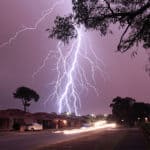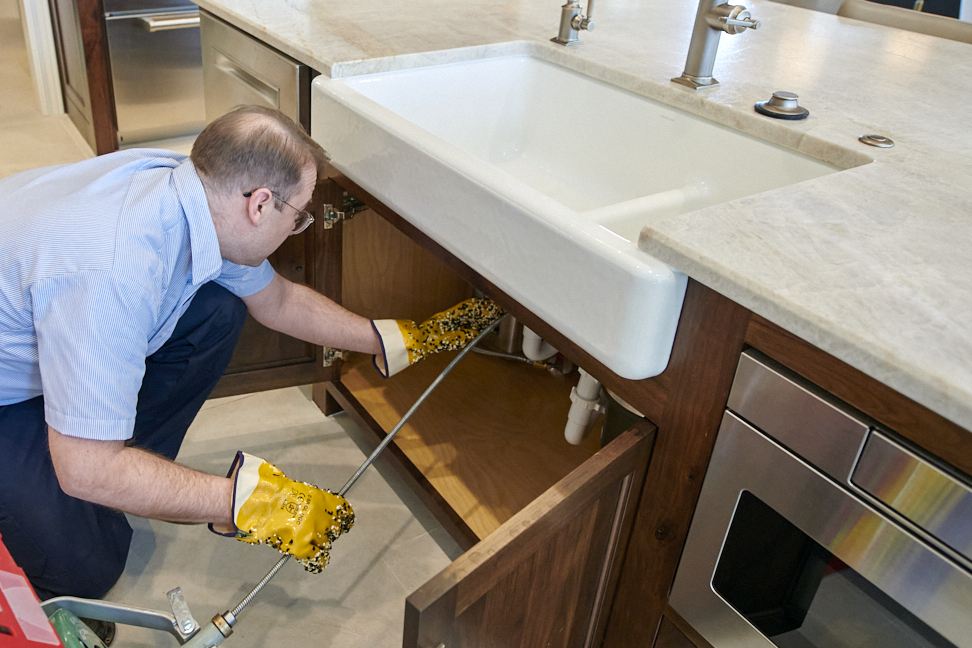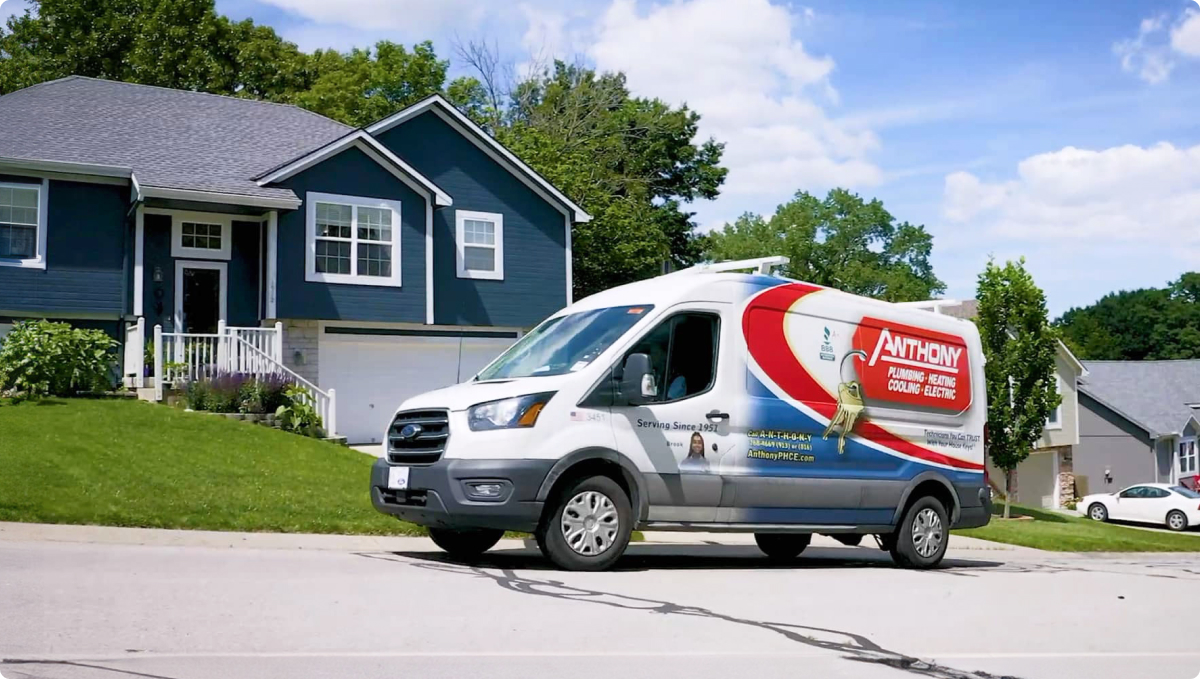Will Homeowners Insurance Cover an Electrical Panel Fire?

One of the most frequent places residential fires start is in electrical panels. Homeowners insurance may cover damage caused by fires that start in electrical panels. Coverage eligibility is contingent on the type of your electrical panel, its age, the residential codes in your area, and annual electrical inspections.
Does My Homeowners Insurance Cover Electrical Panel Fires?
If there is a problem with your home’s electrical wiring, you may not find out until it is too late. Three out of five electrical fires are caused by arcing which happens when an electrical panel breaker fails to trip. Electrical fires are one of the top causes of residential fires and cause an estimated 500 deaths and $1.3 billion in property damage each year.
If electrical panels can be such a fire risk, then it is important to make sure that damage caused by fires originating in electrical panels is covered by homeowners insurance. Unfortunately, coverage eligibility usually depends upon the following:
- the type of electrical panel
- the age of the panel
- regional code requirements
- annual inspections by qualified electricians.
Your insurance company will cover some types of panel boxes in certain circumstances but may deny you coverage if your panel boxes are older, outdated, or proven to be significantly risky.
How Can I Make Sure My Electrical Panel is Covered?
Bad wiring is a home’s most dangerous fire risk, especially if it derives from a faulty electrical panel. Insurance companies will deny coverage on some panels because of the risk of fires they pose for the homeowner. To make sure your panel is covered, check what type it is and have it examined annually by a qualified electrician for safety and code compliance.
The Types of Panels Not Covered by Homeowners Insurance
If you have one of the following panels, they are probably not covered by homeowners insurance. The following panels have been deemed unsafe to have in your home:
Federal Pacific Electric (FPE) Panels – FPE panels are most common in homes built between 1950 and 1980. Federal Pacific Electric will likely be written on the cover of your breaker box. Inside, look for the name Stab-Loc (the brand name of the circuit breakers).
Zinsco Panels – Zinsco or GTE-Sylvania panels were popular electrical panels installed in homes throughout the 1970s.
Split-Bus Electrical Panels – Split-bus breakers are divided into 2 groups with no single disconnect breaker. These panels have not been installed for over 40 years.
Fuse-Box – Screw-in fuse boxes are old electrical panels that use fuses instead of switches.
If your home was built before 1990, you may have one of these outdated panels in your home. These panels are unsafe and no longer meet code requirements for residential safety.
Do I Need Annual Electrical Inspections to Maintain Coverage?
Annual electrical inspections by a qualified electrician or certified electrical inspector may be needed to maintain coverage on your electrical panel, especially if the wiring or panel is older. Electrical panels do not last forever. Heat runs through the connections all day and night, causing them to wear out over time. If your electrical panel is more than 20 years old, it could be a fire hazard. Having the wiring to your electrical panel inspected annually can help with claims should you need to contact homeowners insurance.
When Should I Replace My Electrical Panel?
There are certain instances when homeowners should consider panel replacement:
Your Panel is Over 20 Years Old
If your panel is getting older, replacement is the best way to limit your financial risk. Panels over 20 years of age should be replaced with newer models. Older style panels like those listed above should be upgraded to panels that comply with current residential codes.
You Want to Sell Your Home
If you are planning on selling your home, your panel will need to meet current residential codes to pass inspection.
If Your Electrical Usage Has Increased
Increased electrical load is another reason to replace your panel. Electrical panels come in different amp loads, and the higher your electrical usage, the bigger the amp load you need. As we add appliances, fixtures and outlets to our home, more switches are needed to hold them. If your electrical panel is full, it will get hotter and be more of a fire risk.
Home Additions May Be in Your Future
If you foresee major home improvements or home additions in your future, replacing your electrical panel with an upgraded version may be necessary. The addition of hot tubs, garage heaters, car chargers, and extra rooms to your home may necessitate an upgrade to a larger panel or multiple panels.
Get an Electrical Inspection
Electrical inspections are a smart precaution you can take to protect your home, your insurance coverage, and your family’s safety. An Anthony PHCE electrical inspection provides you with a comprehensive assessment of your electrical panel and wiring system and detects fire hazards before your safety is impacted. Anthony PHCE’s licensed and trained electricians are available to provide you with the best service, electrical solutions, and advice. Call our Anthony PHCE electricians today at A-N-T-H-O-N-Y 268-4669 (913) or (816).




